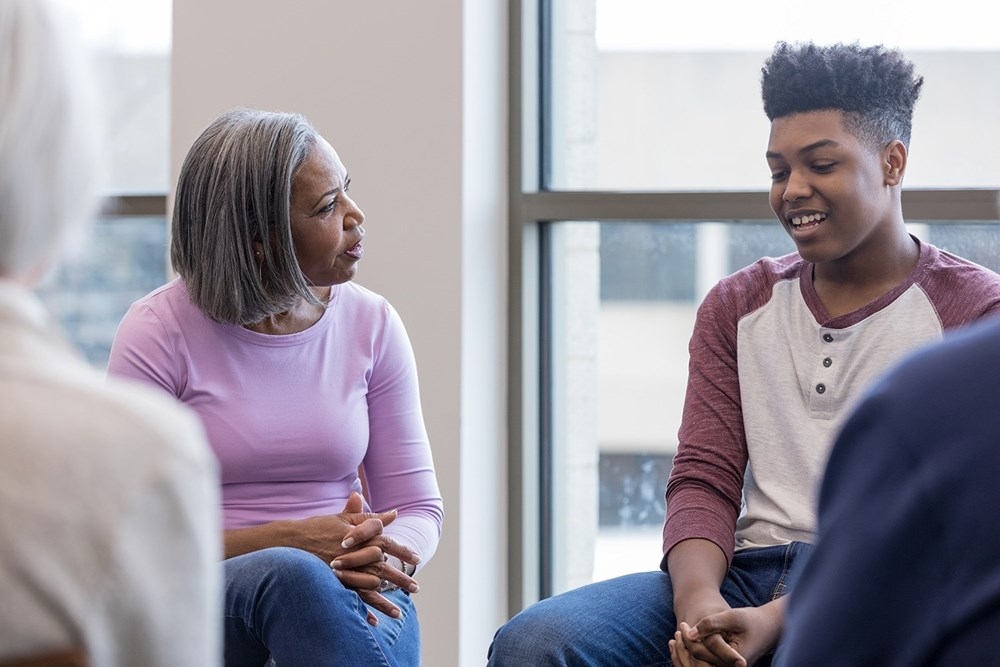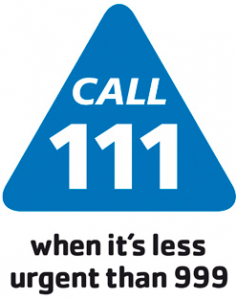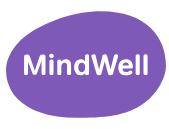 Contact Us
Contact Us
Tel: 0113 843 4388
Email: leeds.mws@nhs.net
Our office opening hours are:
Monday, 8:00am - 4:00pm
Tuesday, 8:00am - 4:00pm
Wednesday, 8:00am - 4:00pm
Thursday, 8:00am - 4:00pm
Friday, 8:00am - 4:00pm
Please note we are closed on Bank Holidays.
Find Us
Burmantofts Health Centre, Cromwell Mount Leeds, LS9 7TA
LMWS Blog: Introduction to CBT
We all experience symptoms like anxiety or stress from time to time. But what do we do when these symptoms become too difficult to manage alone?
Cognitive Behavioural Therapy (CBT) is proven to help with a wide range of mental health conditions, from depression and anxiety to OCD and phobias - but many people are unaware how this therapy works. For Mental Health Awareness Week 2021, LMWS Cognitive-Behavioural Therapist Sarah Pearson sheds some light on CBT and whether it might be right for you.
What is CBT?
‘At LMWS, we use CBT to help depression and anxiety disorders including general anxiety disorder (worry), OCD, health anxiety, panic disorder, eating disorders, PTSD, phobias and social anxiety. We can also apply this approach to help those living with long term health conditions,’ says Sarah. ‘We focus on the links between thoughts, feelings, physical sensations and coping behaviour in the here and now.’
CBT is a collaborative process between you and your therapist. ‘We take some time to understand what has contributed to your symptoms and what is keeping them going. Together, we experiment in finding ways out of these problematic cycles, and then applying changes to your daily life,’ Sarah explains.
Is CBT right for me?
‘Everyone we treat has their own specific symptoms,’ Sarah says. ‘It could be someone is experiencing less enjoyment in activities, or feels bad about themselves – others may have issues with sleep or their appetite. Some feel demotivated, restless or find it hard to focus.’
Ultimately, if you are struggling with your mental wellbeing, CBT could help. ‘If your symptoms concern you, and/or they have affected your ability to go about your life for more than a month, then it’s worth discussing CBT,’ says Sarah.
How do I access CBT?
You can easily refer yourself to LMWS or speak to your GP. If CBT is deemed suitable, one of the LMWS team will help you explore your options, from one-to-one therapy to online classes.
‘Different methods work for different people,’ says Sarah. ‘Our online classes teach CBT techniques to help you manage your symptoms yourself and many benefit greatly from interacting with others going through the same thing.’ Groups are held frequently and you can sign up directly at the LMWS website.
‘For some people one-to-one treatment is more appropriate,’ Sarah continues. ‘This can be delivered online or in person (with safety precautions). We aim to help you access the support that’s right for you.’
'New paths can be found'
Sarah encourages you to get in touch if you’re struggling. ‘As staff, we know that sharing your experience can be scary. We work closely with you to find a way that feels helpful to you,’ she says. ‘People often feel very proud when they see how far they’ve come and how their experiences are changing for the better. With some patience and curiosity, new paths can be found.’
Mental Health Awareness Week aims to improve knowledge and understanding of mental health conditions. Sarah says that while things are improving, there is more work to be done in making sure everyone can access the help they need.
‘Mental health is definitely being discussed more often and openly, whether that’s online, in the media or at work. It’s also being raised more in schools which is very important,’ she says. ‘But I think this information needs to be more accessible. We can reach people in different ways, whether it’s through social media or pop up stalls in parks and cafes.’
Anyone age 17+ and registered with a Leeds GP can refer themselves straight to LMWS, sign up directly for an online class, or access immediate Omnitherapy. You can also speak to your GP to find support that’s right for you.


